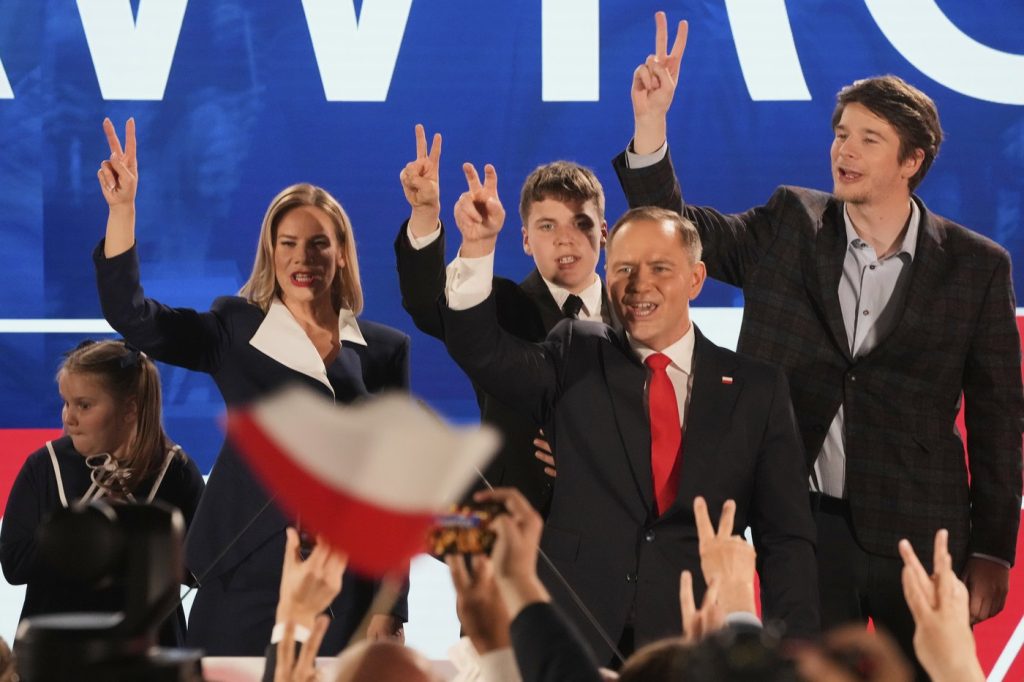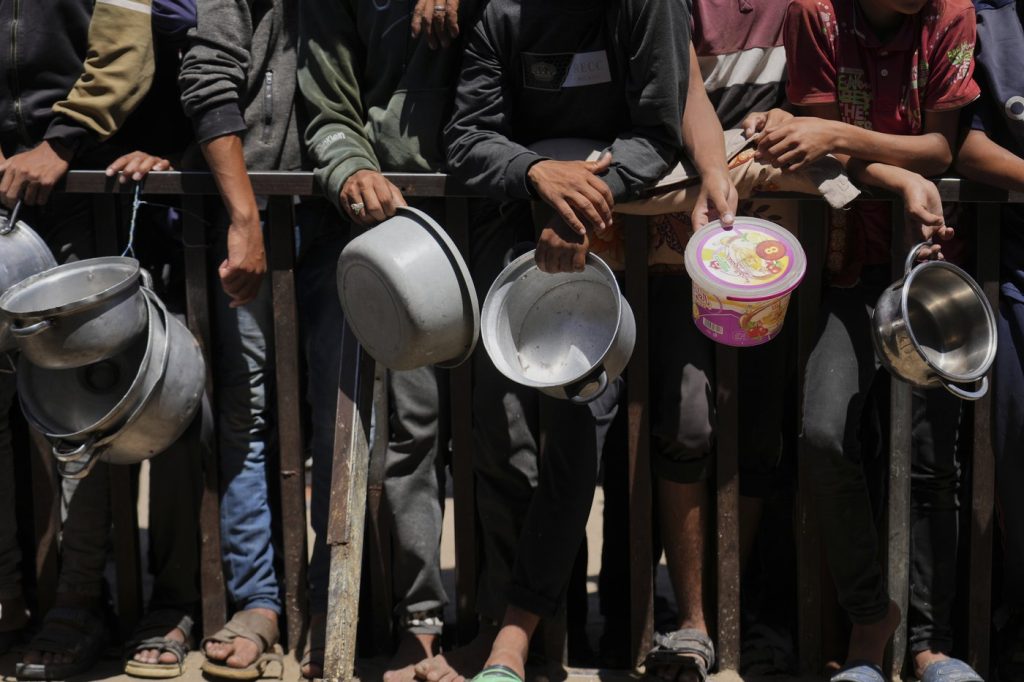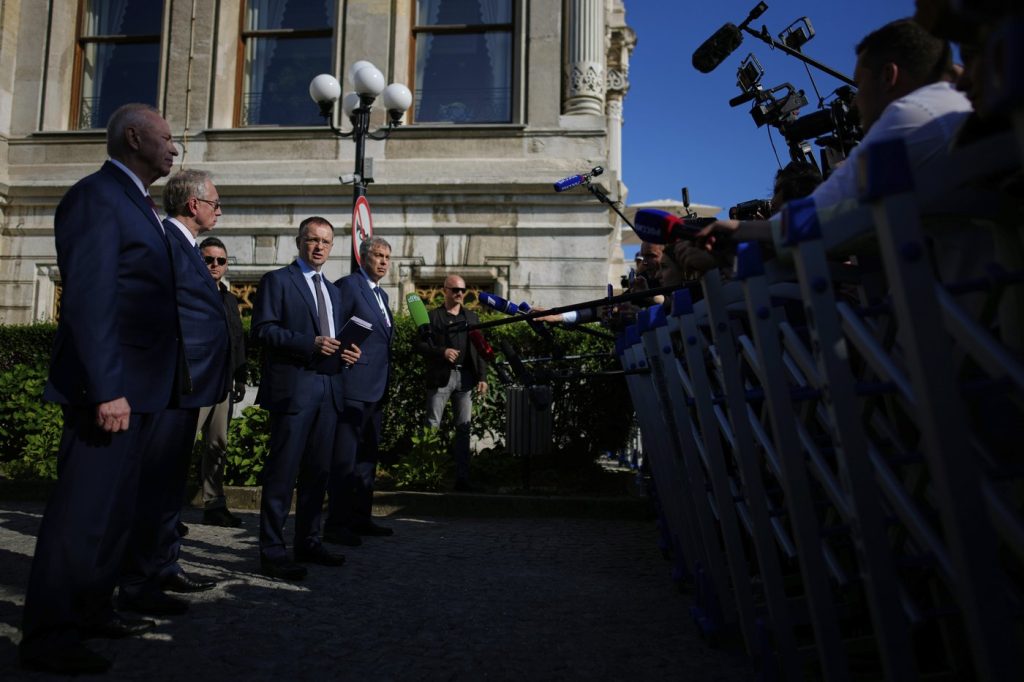WARSAW, Poland (AP) The final outcome of Poland's presidential election emerged after a tense night of counting, with both candidates vying closely for victory. As Poles woke up on Monday, they faced a narrow yet definitive result that saw a nationalist figure elected as president, a leader promising to challenge the existing centrist, pro-European Union government throughout its term.
Karol Nawrocki, the newly elected 42-year-old conservative president, had previously lacked political experience and was not a member of any political party until he was endorsed by the right-wing Law and Justice party, which held power in Poland from 2015 to 2023. Nawrocki has a background as a historian and currently leads the Institute of National Remembrance, an organization promoting nationalist historical perspectives.
Known for his controversial actions, Nawrocki has been involved in initiatives aimed at dismantling monuments honoring the Soviet Red Army within Poland. This has drawn ire from Russia, to the extent that he was placed on a wanted list, as reported by Polish media. Supporters of Nawrocki laud him as a proponent of traditional and patriotic ideals, with many opposing abortion and advocating for reduced visibility of LGBTQ+ issues, viewing him as reflective of their culturally traditional upbringing.
Nawrocki's campaign notably attracted support from U.S. President Donald Trump, evidenced by the American conservative organization CPAC hosting its inaugural meeting in Poland shortly before the election to bolster his candidacy. Prominent Trump ally Kristi Noem, the U.S. Homeland Security Secretary, expressed strong admiration for Nawrocki, urging Polish citizens to cast their votes in his favor. His campaign also mirrored themes pervasive in American right-wing politics, with supporters frequently claiming that Nawrocki would restore a sense of "normality," akin to Trump's leadership. U.S. flags were a common sight at his campaign rallies.
Interestingly, Nawrocki outperformed expectations in the first round of voting, hinting that he had been underestimated by several polls leading up to the election.
However, Nawrocki's ascendancy to the presidency has not been devoid of controversy. Allegations have emerged linking him to underworld figures he supposedly interacted with during his time as a boxer or while working as a hotel security guard. Furthermore, he has faced scrutiny over a scandal surrounding his acquisition of an apartment in Gdansk from an elderly pensioner named Jerzy. Reports indicate that Nawrocki promised to look after Jerzy in exchange for the property but ultimately failed to fulfill this commitment, resulting in the elder being placed in a government-funded retirement home.
Following the scandal's revelation, Nawrocki made the decision to donate the apartment to charity. Additionally, it has come to light that he participated in a mass brawl in Gdansk in 2009 that involved about 140 rival soccer fans, some of whom were later convicted for their offenses. Nawrocki described his involvement in the incident as a form of "noble" combat.
Reports in Polish media have also highlighted his connections to organized crime and prostitution. Critics argue that these controversies render him unfit for the presidential role; however, many of his right-wing supporters dismiss these allegations, alleging that the media has engaged in a concerted attempt to undermine him, which has paradoxically contributed to solidifying their support.
As the dust settles on the latest election results, it remains uncertain what impact, if any, these various scandals had on the outcome of the election held on Sunday.












